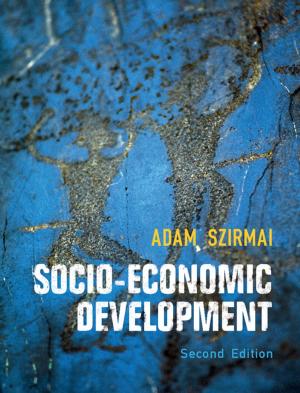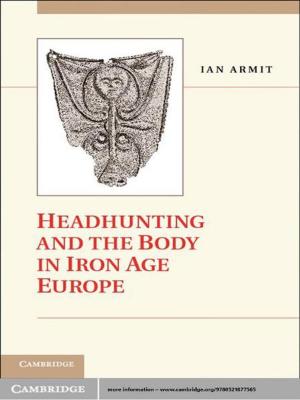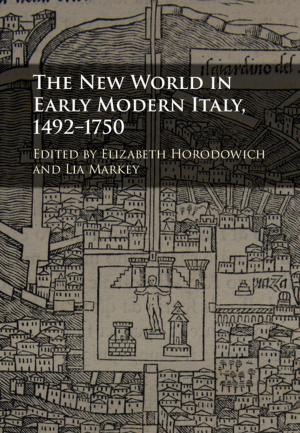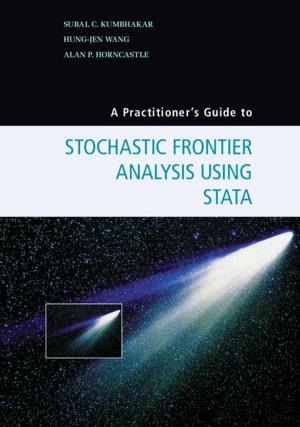Myth and Philosophy in Plato's Phaedrus
Nonfiction, Religion & Spirituality, Philosophy, Ancient, Fiction & Literature, Literary Theory & Criticism| Author: | Daniel S. Werner | ISBN: | 9781139540131 |
| Publisher: | Cambridge University Press | Publication: | July 9, 2012 |
| Imprint: | Cambridge University Press | Language: | English |
| Author: | Daniel S. Werner |
| ISBN: | 9781139540131 |
| Publisher: | Cambridge University Press |
| Publication: | July 9, 2012 |
| Imprint: | Cambridge University Press |
| Language: | English |
Plato's dialogues frequently criticize traditional Greek myth, yet Plato also integrates myth with his writing. Daniel S. Werner confronts this paradox through an in-depth analysis of the Phaedrus, Plato's most mythical dialogue. Werner argues that the myths of the Phaedrus serve several complex functions: they bring nonphilosophers into the philosophical life; they offer a starting point for philosophical inquiry; they unify the dialogue as a literary and dramatic whole; they draw attention to the limits of language and the limits of knowledge; and they allow Plato to co-opt cultural authority as a way of defining and legitimating the practice of philosophy. Platonic myth, as a species of traditional tale, is thus both distinct from philosophical dialectic and similar to it. Ultimately, the most powerful effect of Platonic myth is the way in which it leads readers to participate in Plato's dialogues and to engage in a process of self-examination.
Plato's dialogues frequently criticize traditional Greek myth, yet Plato also integrates myth with his writing. Daniel S. Werner confronts this paradox through an in-depth analysis of the Phaedrus, Plato's most mythical dialogue. Werner argues that the myths of the Phaedrus serve several complex functions: they bring nonphilosophers into the philosophical life; they offer a starting point for philosophical inquiry; they unify the dialogue as a literary and dramatic whole; they draw attention to the limits of language and the limits of knowledge; and they allow Plato to co-opt cultural authority as a way of defining and legitimating the practice of philosophy. Platonic myth, as a species of traditional tale, is thus both distinct from philosophical dialectic and similar to it. Ultimately, the most powerful effect of Platonic myth is the way in which it leads readers to participate in Plato's dialogues and to engage in a process of self-examination.















